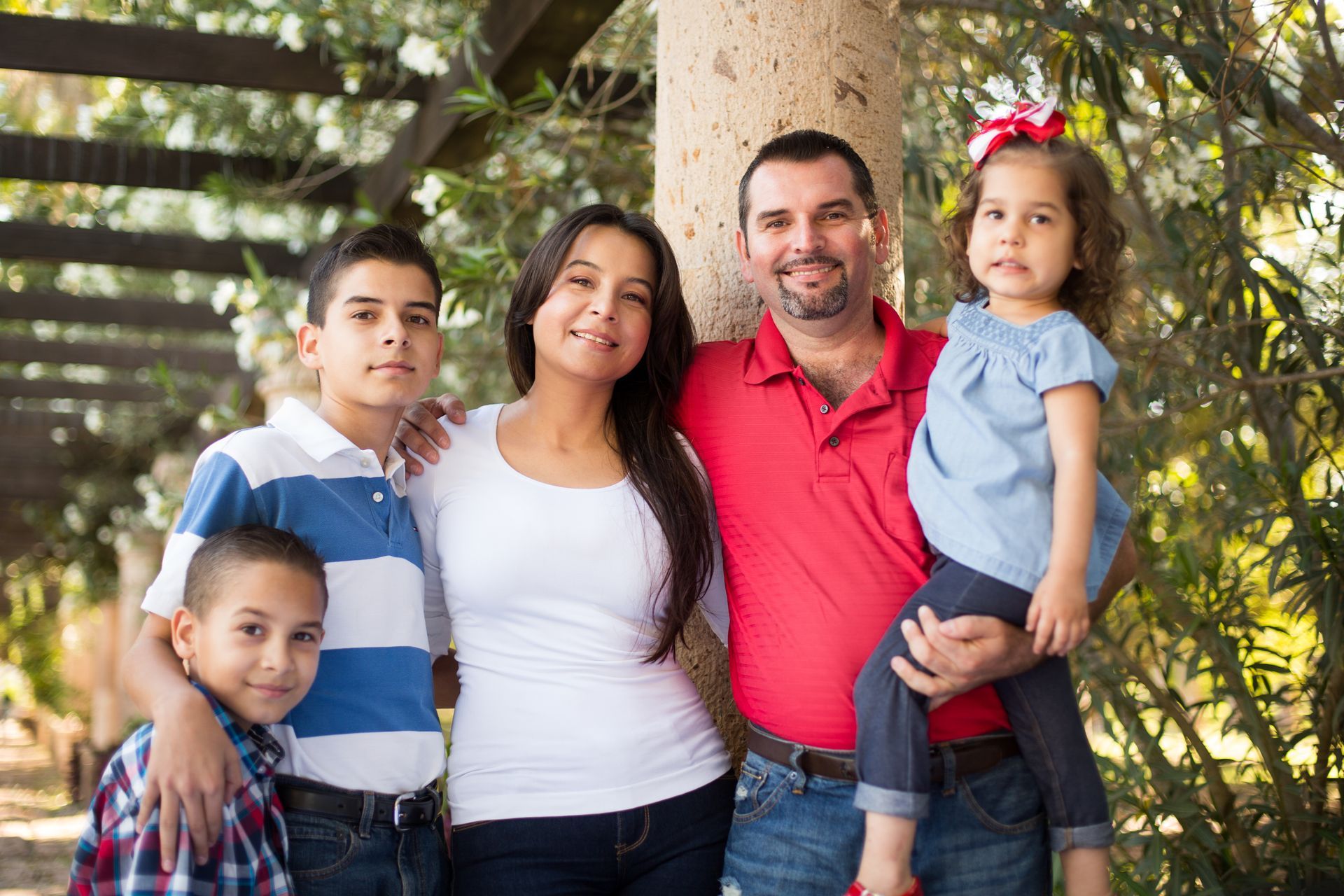Story of Hope: John and Teresa Price
Story of Hope: John and Teresa Price
John Price and his wife Teresa Denton Price completed training in February 2022. They immediately signed on to their first case involving 5 children ranging from 2-17 years of age. The allegations involved neglectful supervision and sexual abuse.
The children initially started off in 3 different placements. John and Teresa did an excellent job facilitating sibling visits and meeting all CASA requirements. They attended birthday parties and Taekwondo classes. They coordinated community assistance for the children through SA Threads. The oldest child was expecting a baby of her own and the advocates were consistently following up to ensure that she had items in preparations for the baby’s arrival. At a turning point in the case the Department was recommending termination of parental rights and the younger children needed permanency.
Although the youngest child’s placement wanted to keep him in their home long term, CPS along with CASA felt it was in the sibling group’s best interest for the 3 younger children to remain together. A home was found in Houston for the 4 younger children. The day the children were moved John followed the CPS worker to the new placement to ensure a smooth transition and help the children feel comfortable in their new home with some familiarity. Unfortunately, the placement was short lived, and they were moved again. John and Teresa remained involved every step of the way.
The next home would end up being the children’s forever home. John and Teresa continued to keep the older siblings up to date on the well-being of the children to give them piece of mind. Six months later the time had come for the adoption to take place. The adoption was scheduled in Katy, TX and once again John and Teresa drove out to show their support and be present for the children’s adoption into their forever home.
John and Teresa received positive praise during court hearings from the attorney ad litem on the case multiple times for their active involvement and providing her with the most up to date information. During their efforts on this case John and Teresa had signed on to two other cases involving 7 other children total, always giving 110%. Their commitment to their cases has forever made an impact in the lives of their CASA children.









